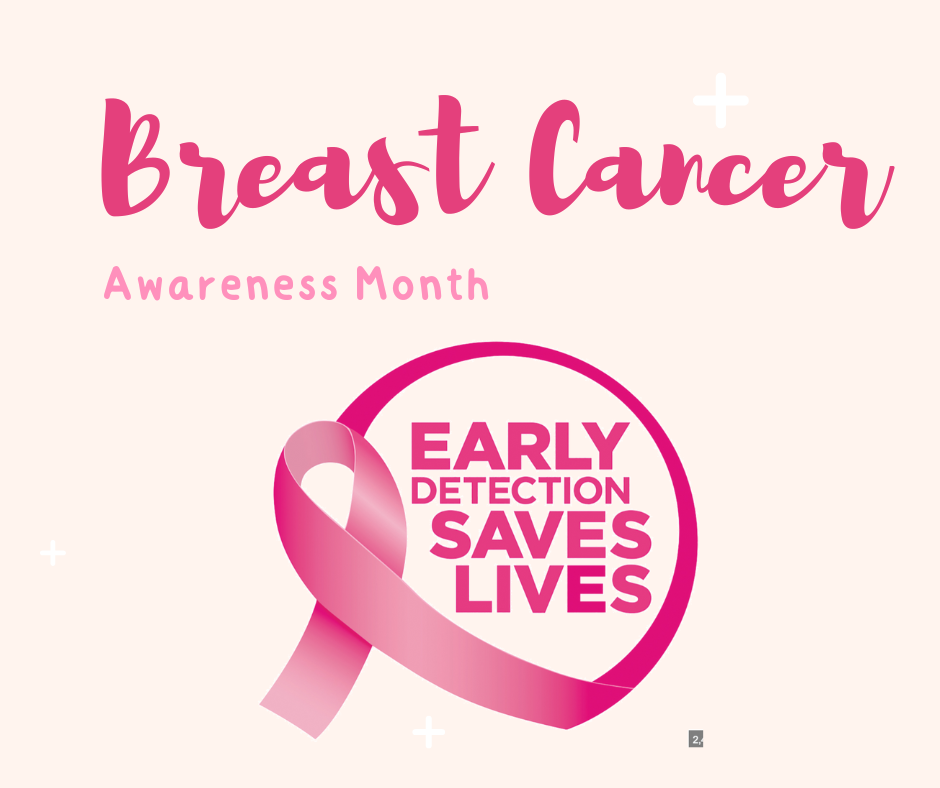by Lucy Andrews, AWAquitaine
Breast cancer is the most commonly diagnosed cancer in women worldwide. Survival has climbed where awareness, screening and treatment are accessible. Here’s what FAWCO members across 60+ clubs can do this October.
“Early detection saves lives – no matter your country or postcode.”
“Equity matters: closing gaps in access turns awareness into survival.”
The big picture
 Breast cancer remains the most common cancer in women worldwide. New global estimates report approximately 20 million new cancer cases across all cancers and around 9.7 million deaths; breast cancer is the leading cancer in women within that burden.
Breast cancer remains the most common cancer in women worldwide. New global estimates report approximately 20 million new cancer cases across all cancers and around 9.7 million deaths; breast cancer is the leading cancer in women within that burden.
- The WHO Global Breast Cancer Initiative (GBCI) targets a 2.5% annual reduction in breast cancer mortality by 2040, which could avert approximately 2.5 million deaths – with action focused on early detection, timely diagnosis and quality treatment.
Why early detection matters (and works)
- Cancers found earlier need less aggressive treatment and have far higher survival rates than advanced-stage disease; countries with organized mammography programs see lower mortality over time when participation is high and treatment is available.
- Across high-income settings, 5-year breast-cancer survival commonly reaches 85–90%; it is lower in middle- and low-income settings – a gap driven largely by late diagnosis and constrained treatment capacity (comparative survival indicators across OECD countries).
Progress – and the work ahead
- Many countries have expanded organized screening and improved treatment pathways; survival has risen steadily since 2000 in settings that strengthened both.
- Gaps persist: screening participation varies widely by country and within countries (rurality, language, income, migrant status). EU monitoring shows top performers with ≥80% of eligible women screened, while others lag –highlighting equity as the next frontier.
What FAWCO clubs and members can do
- Book your screening according to local guidance – and help a friend do the same.
- Share trusted information (see resource box) in your club newsletter, on WhatsApp or in social feeds.
- Lower practical barriers: host car-pool days, invite a clinician for a Q&A, provide translations where needed.
- Think equity: outreach to newcomers, low-income communities or rural members aligns with the WHO’s GBCI pillars.
- Finally, know that these resources are just the start; many countries have multiple resources that clubs can access.
FAWCO Health Team – Advocating for Women’s Health Across Borders
Contact:
Sources:
